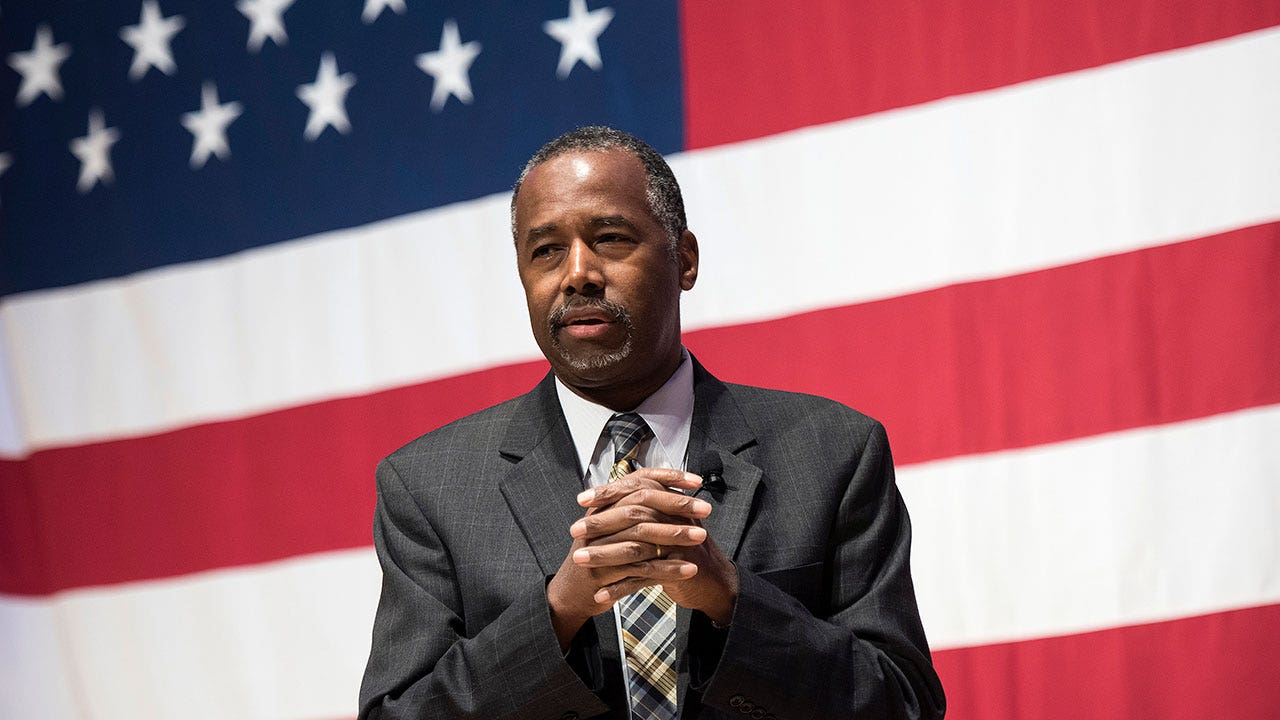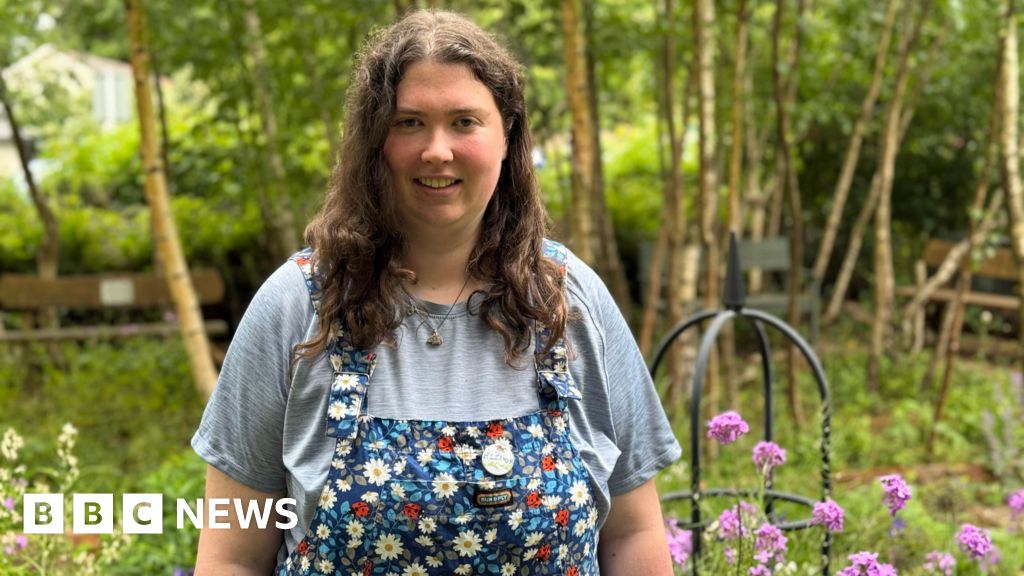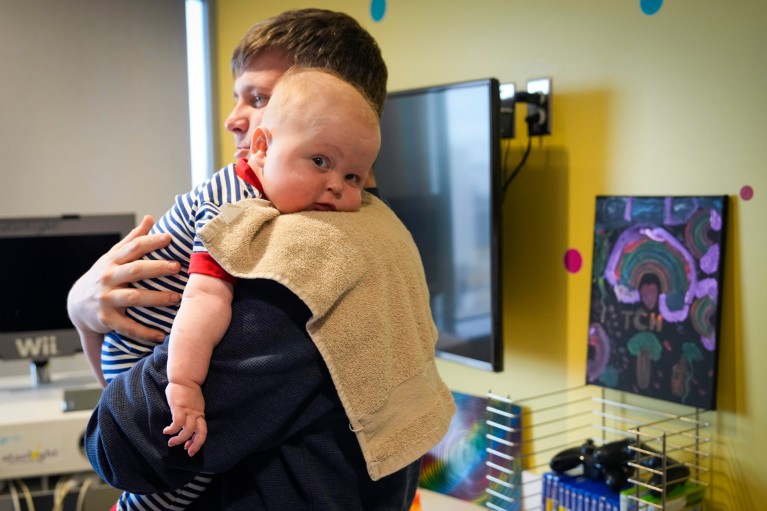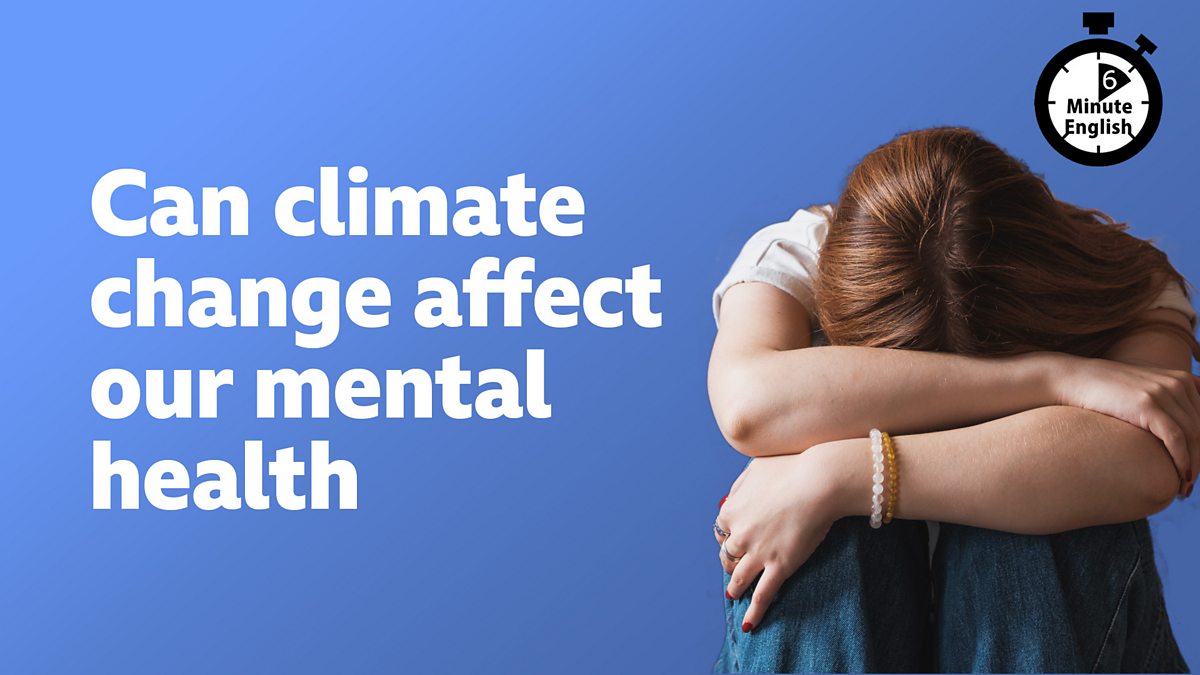Rebuilding Public Trust in Health Leaders: Lessons from the COVID-19 Pandemic

The COVID-19 pandemic exposed deep fissures in public trust regarding health leaders and institutions. A series of contradictory policies, the downplaying of scientific debate, and perceived political interference significantly eroded confidence, leading to concerning consequences like declining vaccination rates and the resurgence of preventable diseases such as measles. Dr. Ben Carson, a renowned neurosurgeon and former Secretary of Housing and Urban Development, recently addressed this critical issue, prompting a vital discussion on how we can repair and strengthen the relationship between the public and those responsible for safeguarding our health.
The Erosion of Trust: A Perfect Storm
The pandemic wasn't just a public health crisis; it was an information crisis. Conflicting messages from various authorities – shifting guidelines on mask-wearing, lockdowns, and social distancing – created confusion and skepticism. Furthermore, the politicization of public health measures, where scientific recommendations became entangled with political ideologies, further undermined credibility. When individuals feel that information is being manipulated or that decisions are driven by political agendas rather than scientific evidence, trust inevitably diminishes.
The dismissal of legitimate scientific debate also played a significant role. While healthy disagreement is essential for scientific progress, the perception that alternative viewpoints were being silenced or ridiculed fostered resentment and distrust. A robust scientific process thrives on open discussion and rigorous scrutiny, and suppressing dissent only serves to alienate those who feel their concerns are not being heard.
The Consequences: Declining Vaccination Rates and Resurgent Diseases
The decline in public trust had tangible and alarming consequences. Vaccination rates, particularly for routine childhood immunizations, plummeted during the pandemic. This has led to the resurgence of preventable diseases like measles, which were once on the verge of eradication. The hesitancy surrounding COVID-19 vaccines was also fueled by this broader distrust, hindering efforts to control the pandemic and protect vulnerable populations.
Rebuilding Trust: A Path Forward
So, how can we rebuild public trust in health leaders? Dr. Carson’s call for reflection and reform highlights several key areas:
- Transparency and Consistency: Public health messaging must be clear, consistent, and transparent. Admitting uncertainty when it exists is far more credible than presenting a facade of absolute certainty.
- Embrace Scientific Debate: Foster an environment where scientific debate is encouraged and respected. Acknowledge that scientific understanding evolves, and be willing to adjust policies based on new evidence.
- Depoliticize Public Health: Strive to insulate public health decisions from political interference. Focus on evidence-based recommendations, regardless of political considerations.
- Engage with Communities: Build trust by actively engaging with communities, listening to their concerns, and addressing their questions. Cultural sensitivity and tailored communication are essential.
- Restore Integrity and Expertise: Public health leaders must exemplify integrity and demonstrate a commitment to scientific rigor. This includes acknowledging past mistakes and learning from them.
Looking Ahead: A Foundation for Future Resilience
Rebuilding trust in public health is not a quick fix. It requires a sustained and concerted effort across all sectors of society. By prioritizing transparency, embracing scientific debate, and depoliticizing public health, we can lay the foundation for a more resilient and trustworthy health system, better equipped to face future challenges. The lessons learned from the COVID-19 pandemic serve as a stark reminder of the vital importance of public trust in safeguarding our collective health and well-being. Failing to address this fundamental issue will leave us vulnerable to future outbreaks and undermine our ability to protect ourselves and our communities.






